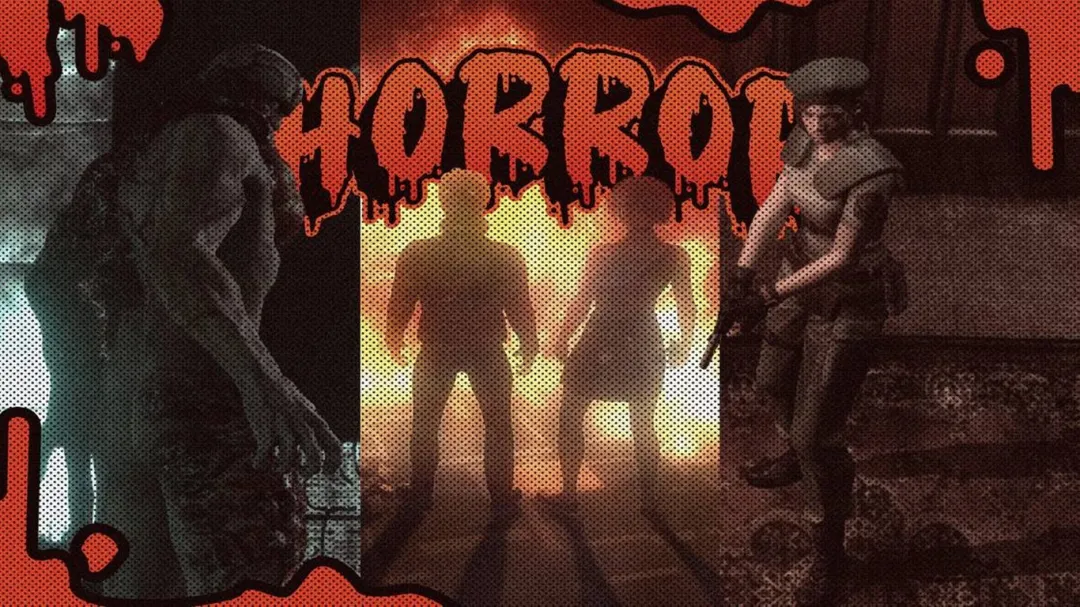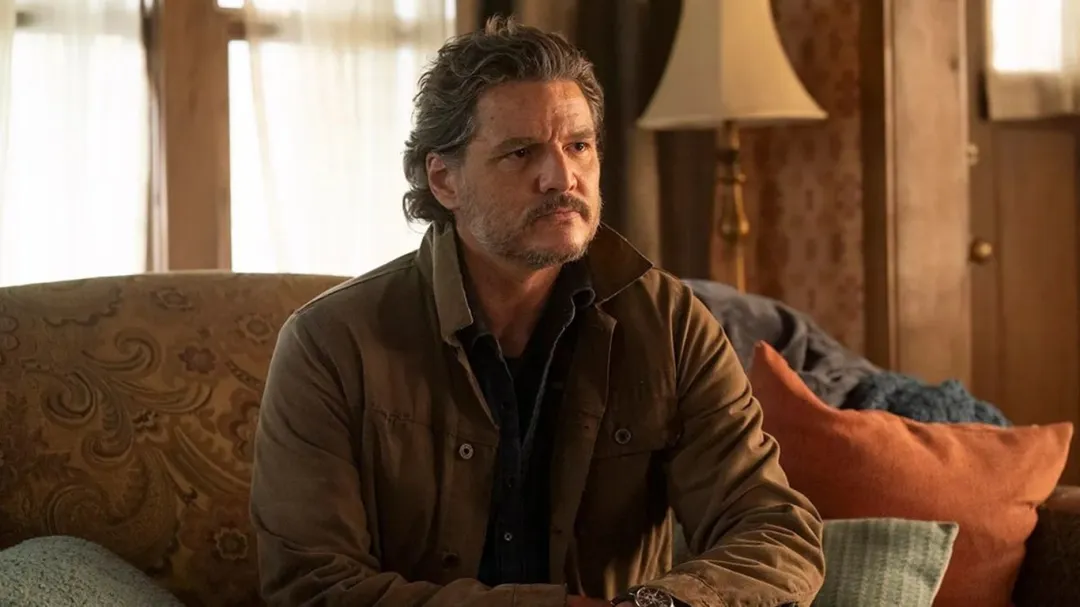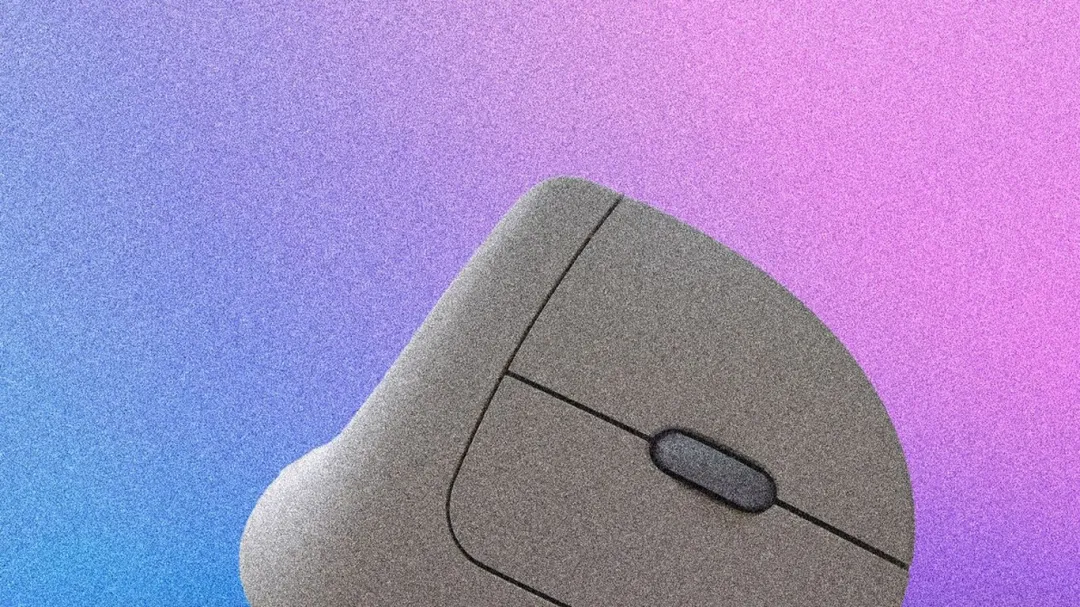Can Horror Games Cure Your Fear?

Seattle-based gamer and writer Emily Turner, long considered a self-professed scaredy-cat, recently revealed how frequent engagement with horror video games facilitated a significant personal transformation. Initially avoiding fearful stimuli at all costs, Turner found that repeatedly confronting scary scenarios within video games operated as an informal exposure therapy, reducing her overall anxiety.
Turner’s experience aligns with growing academic interest in the psychological benefits of interactive media. Dr. Samuel Harris, clinical psychologist at the University of Washington, explains, “Exposure therapy traditionally involves controlled real-life exposure to feared objects or situations. Here, immersive horror games replicate this exposure in a safe environment, enabling gradual desensitization to fear triggers.”
This phenomenon resonates strongly in contemporary society, where mental health challenges are prevalent, and digital entertainment continues to evolve. Turner’s story illustrates a promising trend where leisure activities contribute meaningfully to emotional resilience. The gaming industry’s role in mental wellness is an area warranting further research, as these interactive formats captivate millions worldwide.
While horror games are not a replacement for formal therapy, Turner’s journey exemplifies the unexpected ways digital experiences can shape individual psychology. As more people explore virtual worlds, the potential for games to serve therapeutic functions grows increasingly relevant in today’s fast-paced, stress-prone lifestyle.







